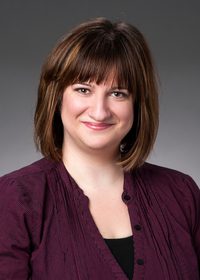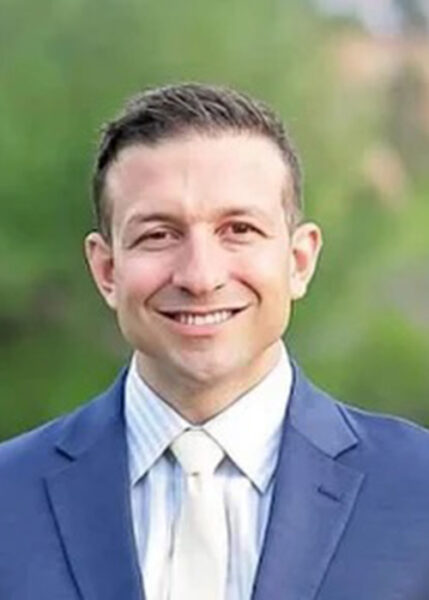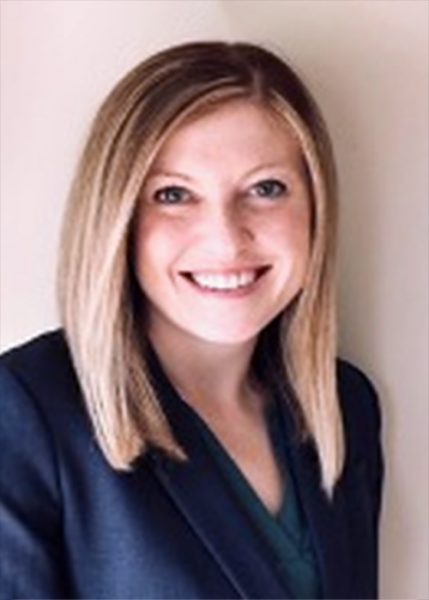What do students do in this clinic?
Students represent parents who are involved in the child welfare system, often after their children have been removed from their home. They appear on behalf of their clients at all court hearings, contested trials, and potentially on appeal. The Clinic operates using an inter-disciplinary model, where law students work in partnership with graduate-level social work students to provide support to the parents both in and outside the court room.
FAQ
-
What happens in the classroom component?
Class consists of discussion of assigned readings, submission of short weekly reflective writing assignments, and discussion of the history, strategy and statutory basis for family defense as well as ongoing cases. Weekly topics focus on foundational law, the legislative process, lawyering skills, trauma-responsive advocacy, vicarious trauma, and interdisciplinary practice. Social work students are integrated into the classroom component with law students.
-
What do students learn in this clinic?
Students develop and present a persuasive advocacy narrative, effective motion practice, client counseling, and client management. The clinic also exposes students to alternative dispute resolution methods, systemic issues of bias, racism, and poverty in the child protection system, and the cyclical nature of child abuse and neglect.
-
When is this clinic offered?
Year-long course – fall and spring semesters.
-
How many credits?
3 credits per semester.
-
Are students permitted or encouraged to take this clinic for additional semesters?
Because of the nature of the cases, it is common (and encouraged) for students to take an additional semester to continue working on their cases, but it is not required.
-
Are there any required or recommended pre-requisites?
No formal pre-requisites.
-
Who should take this clinic?
Students with an interest in representing parents in the child protection system, students who are interested in family law, students who are interested in being county attorneys, students with an interest in mental health, substance use, domestic violence and the intersection of historical systems of oppression, students with an interest in social justice advocacy, and students who are interested in individual client representation.
-
Can students with full-time jobs take this clinic?
Students with full time jobs may take this clinic if they are able to attend an afternoon class and have significant daytime flexibility, as the time commitment is likely to vary with the demands of the casework during the semester. However, students must be available for 8 hours of court observation at the beginning of the semester and for approximately 3 court appearances for each client they represent. A typical caseload is 1-2 cases per semester. Students must also be available for regular meetings with clients and with their supervising faculty member, while the timing is flexible, these meetings may need to occur during business hours.
-
Can students who live outside the Twin Cities area take this clinic?
Students must be physically present in the Twin Cities multiple times per week to enroll in this clinic. Students interested in child protection work who are outside of a reasonable commute to the Twin Cities are encouraged to pursue an externship in their home jurisdiction.



